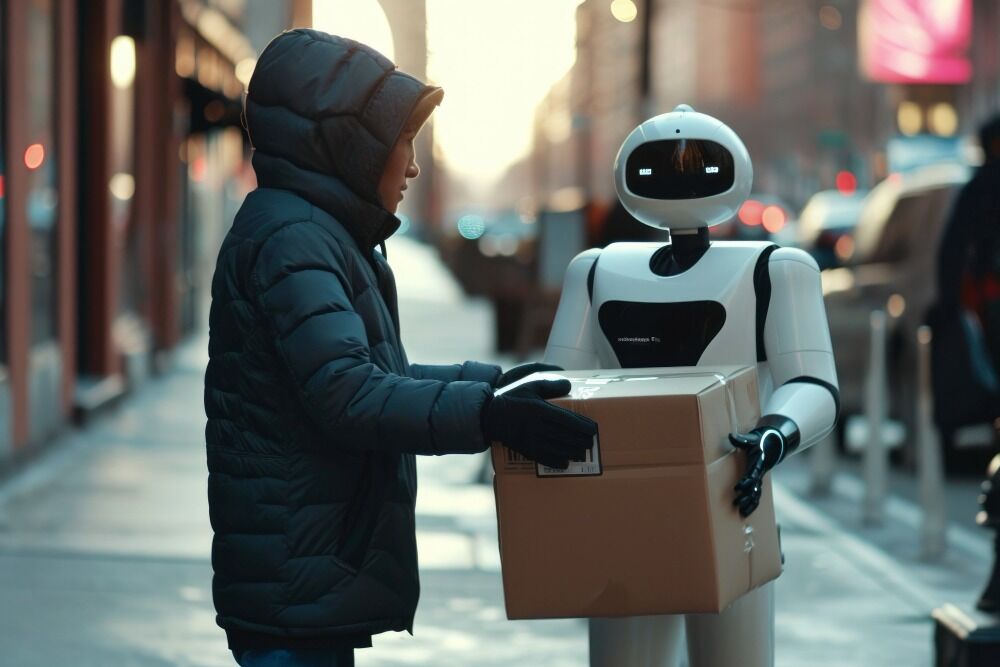You might be wondering what AI agents are and why they’re important. Well, let me break it down in simple terms. AI agents are like very smart assistants who can make decisions and act on their own based on what they learn from their surroundings. Bill Gates, a big believer in their potential, sees them as a key to solving big challenges like healthcare, climate change, and education.
The concept of AI agents started getting attention in the 1950s when researchers began exploring how machines could simulate human intelligence. But it was in the 1990s, with the internet boom, that the idea really took off. Computers started to handle tasks like searching information and sorting emails, which are early forms of AI agents
If you’re curious to learn deeper, books like “Life 3.0” by Max Tegmark and “Superintelligence” by Nick Bostrom explore the implications of advanced AI systems, including AI agents. These books discuss both the potential benefits and the ethical considerations.
Today, companies like Google, Amazon, and Microsoft are heavily investing in AI agent technology. Google’s AI assistant can book appointments for you by conversing naturally with humans over the phone, something we saw them demonstrate at their Google I/O event in 2018. Amazon’s Alexa and Microsoft’s Cortana are other examples of AI agents that manage a variety of tasks through voice commands.
AI agents have been a hot topic at tech and science conferences around the world. For instance, at the TED Talks, speakers often discuss the impact of AI on society, highlighting the role of AI agents in future technology.
AI Agents will assist different sectors like
Healthcare: Companies like IBM with its Watson AI are revolutionizing how we diagnose diseases. Watson can analyze medical data and support doctors in diagnosing complex cases.
Climate Science: Microsoft’s AI for Earth program uses AI agents to monitor and analyze environmental conditions, helping researchers track changes and predict future conditions.
Education: AI-driven platforms like Carnegie Learning use AI agents to provide personalized learning experiences, adapting the content to the student’s learning pace and style.
AI agents are more than just a tech trend; they represent a shift in how we interact with machines. They offer incredible benefits for tackling some of our biggest global challenges. As we continue to develop and integrate these technologies, staying informed and thoughtful about their use will help us all benefit from their potential. Let’s embrace the future with optimism and a commitment to making these technologies work for everyone.

